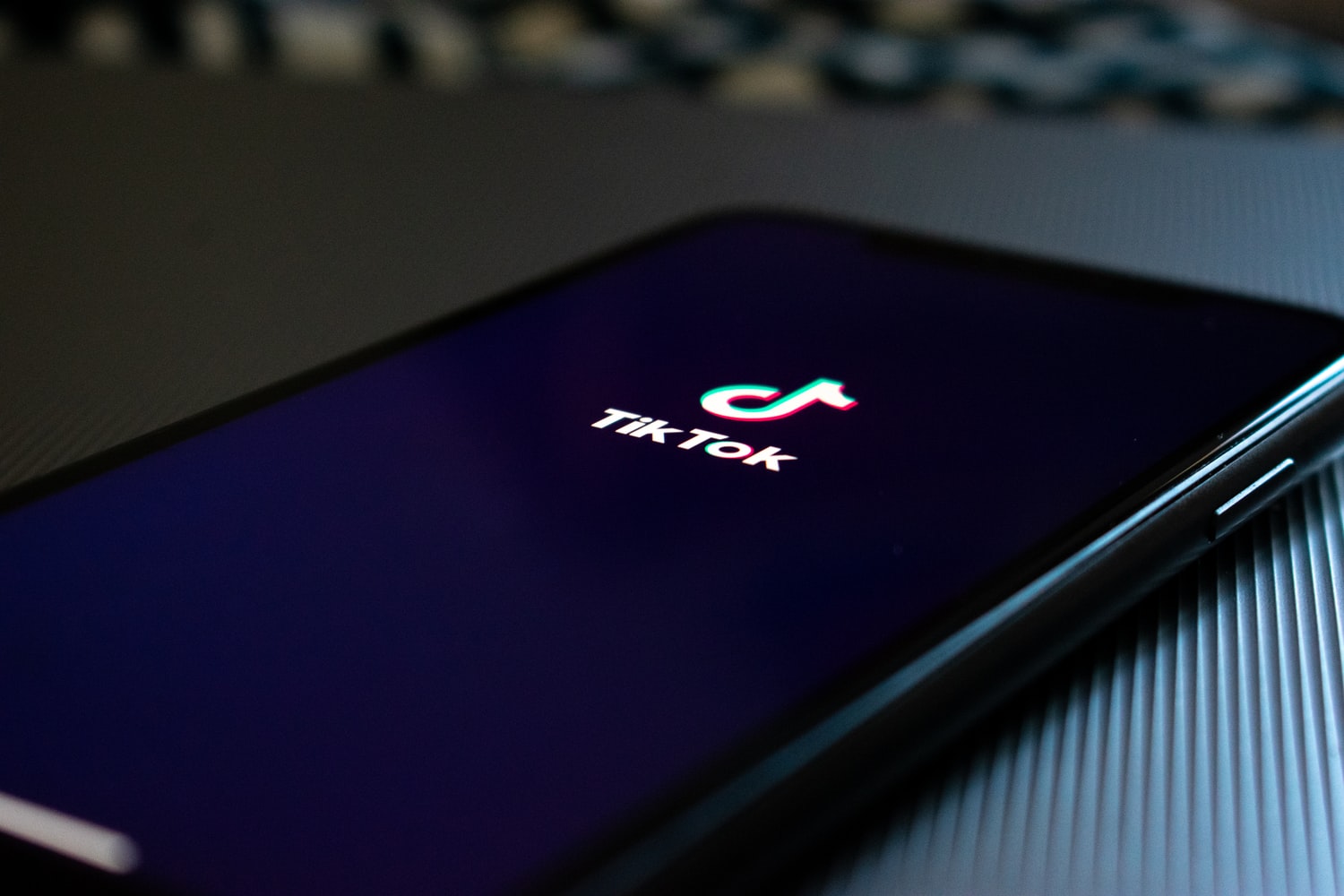India has banned TikTok—plus 58 other Chinese apps

On Monday, India banned TikTok and dozens of other apps made in China, escalating tension between the countries two weeks after a long-simmering border dispute in the Himalayas turned deadly.
The news: In a statement, India said the apps “engaged in activities which [are] prejudicial to sovereignty and integrity of India, defence of India, security of state and public order.” Messaging and chat apps like Baidu and WeChat were on the list too, along with the popular microblogging site Weibo, several mobile games, and photo editing software.
Why does it matter? Home to more than 1.3 billion people, India has a huge smartphone user base and English-speaking population, which make it the world’s largest social-media market. It’s perhaps no surprise, then, that India is also TikTok’s biggest market, with nearly 191 million downloads at the end of 2019; the US is at a distant second with nearly 41 million.
Social media has a troubling history in India. TikTok and WhatsApp have also been weaponized by India’s far-right Hindu nationalist movement, to deadly effect: viral WhatsApp messages spreading false rumors have led to mob lynchings of Muslims and lower-caste Hindus, while TikTok’s split-screen videos have also been used in caste hate crimes. And as we reported last year, Hindu nationalists flooded TikTok with misogynistic videos threatening to overtake the Muslim-majority province of Jammu and Kashmir and “turn it” Hindu by forcibly marrying Kashmiri girls and women.
It’s not the first time India has banned TikTok. TikTok launched last year in India under its former brand, Musical.ly, becoming popular as a lip-synching app. But just before the country’s elections, a court banned the app, ruling it had pornographic content and was predatory; within days, India’s Supreme Court overturned the ban. In July, though, the Ministry of Electronics and Information Technology—the same one that issued the current ban—said TikTok was being used for “unlawful” purposes, specifically sharing user data with China through bots. TikTok wasn’t banned, then, however, as the slew of misogynistic content afterward showed.
India’s Chinese app ban is a new diplomatic maneuver. India and China have opened a new front in their ongoing skirmish. Both countries are nuclear powers and economic giants, but India’s ban is notable for using social media as a tool to exert political pressure on its rival.
Deep Dive
Humans and technology
Building a more reliable supply chain
Rapidly advancing technologies are building the modern supply chain, making transparent, collaborative, and data-driven systems a reality.
Building a data-driven health-care ecosystem
Harnessing data to improve the equity, affordability, and quality of the health care system.
Let’s not make the same mistakes with AI that we made with social media
Social media’s unregulated evolution over the past decade holds a lot of lessons that apply directly to AI companies and technologies.
Stay connected
Get the latest updates from
MIT Technology Review
Discover special offers, top stories, upcoming events, and more.